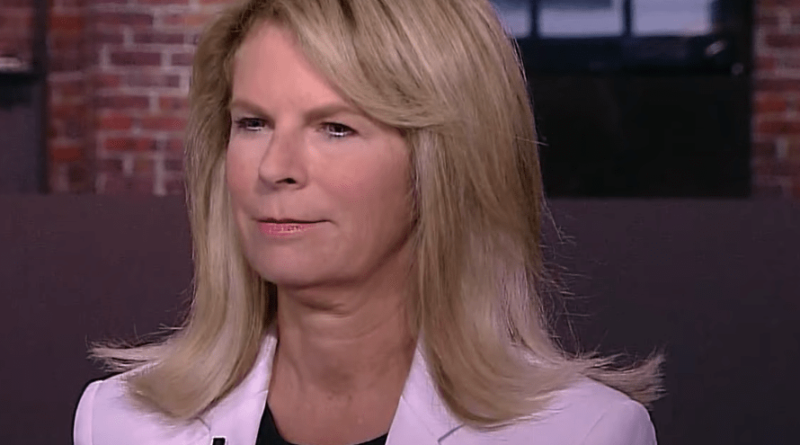Darktrace CEO: People Are Going To Give a Hard Look At Cloud Security
“People are going to really give a hard look at cloud security,” says Darktrace CEO Nicole Eagan. “At the end of the day, it also says when you have something of this scale why not use some artificial intelligence or something that could have spotted this. Actually what was done was pretty blatant. It was 30 gigabytes of data moving to unusual storage locations. So there were a lot of ways that something like an AI system could have detected this and also prevented it from becoming an issue.”
Nicole Eagan, CEO of Darktrace, discusses how the Capital One cyber attack happened and how it could have been prevented, in an interview on Bloomberg Technology:
People Are Going To Really Give a Hard Look At Cloud Security
There is so much positive momentum around cloud and so many benefits that I don’t anticipate seeing a pendulum swing back to on-prem data centers (because of the Capital One cyber hack). What I do think it means is people are going to really give a hard look at cloud security. This attack was a result of a vulnerability known as a configuration error in a Web Application Firewall that was specific to Capital One. What it does show is these configuration errors are actually really very commonplace. They’re commonplace in on-prem data centers and in cloud.
This does highlight a few things. It does highlight insider threats, someone who had some insider knowledge. It also highlights supply chain level security. At the end of the day, it also says when you have something of this scale why not use some artificial intelligence or something that could have spotted this. Actually what was done was pretty blatant. It was 30 gigabytes of data moving to unusual storage locations. So there were a lot of ways that something like an AI system could have detected this and also prevented it from becoming an issue.
Capital One Attack Was Human Error
Configuration errors are basically a human error. Somebody somewhere made a human error, a mistake. We have to expect that humans are fallible and we’re going to see those type of errors. What’s so strange about this one is how public the disclosure was by the attacker on Twitter and GitHub and other places. That was what made it so unusual but also meant that the investigation moved very quickly. It seems like there’s been quite a bit of transparency as well.
It’s interesting timing because we’re actually going into Back Hat and DEF CON, which is often known as a summer camp for hackers. There will be literally tens of thousands of people in Las Vegas next week. All of this is going to change the conversation. We’re going to see a lot about cloud security, about 5G security, about encryption and decrypting data, and of course, the evolution towards AI-based attacks.
What’s interesting is that people want to kind of say let’s make sure we prevent the kind of attacks we saw in 2016 (regarding the election). The reality is the way the cybersecurity industry works the attackers keep moving on. They keep changing what’s called threat vectors. I do think we’ll see plenty of threats for 2020 but they may not look anything like the ones we saw in 2016.



